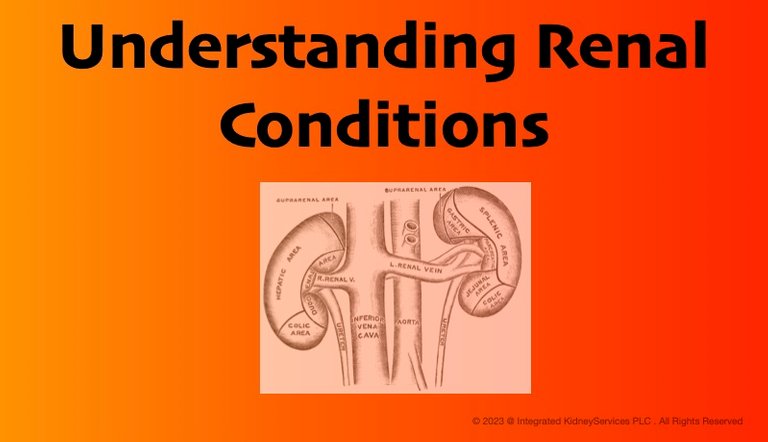August 30, 2023. Glomerular Hyperfiltration and SGLT-2 Inhibitors in Early Diabetes

Article name: The Proximal Tubule in the Pathophysiology of the Diabetic Kidney
This article was published in the American Journal of Physiology-Regulatory, Integrative and Comparative Physiology in 2011. It is a review article of the pathophysiology of early diabetic nephropathy at the level of the proximal tubule and glomerular filtration.
Early diabetes mellitus is characterized by an increase in the glomerular filtration rate (GFR). The increased filtered glucose is related to increased glucose reabsorption mostly mediated by the SGLT-2 co-transporter. This leads to hyperplasia and hypertrophy of the proximal tubular cells. this also leads to a decreased sodium and chloride delivery to the macula densa, which in turn mediates an increase in GFR (see this post).
An SGLT-2 inhibitor reduces GFR initially, but ultimately can reduce the rate of progression of renal disease by limiting hyperfiltration damage.
Normally I am interested in medical articles but I didn't understand a thing. Perhaps you could translate to the commoners what does this mean for diabetic people or give preventive advice to those who don't have it to keep healthy?
Sorry, I will try. An SGLT-2 inhibitor is a medication that blocks glucose from being reabsorbed in the kidney, so people who take this medication put sugar in the urine. This medications help control sugars but also help with kidney health by reducing the excess filtration that happens when there is diabetes in the kidney.
Any information or statement present in this post does not replace your health care provider’s advice or treatment. This blog does not provide medical advice, prescribe medications or therapies, or diagnose conditions, it only expresses an opinion. If you have a health-related question or condition, confer with your healthcare provider.